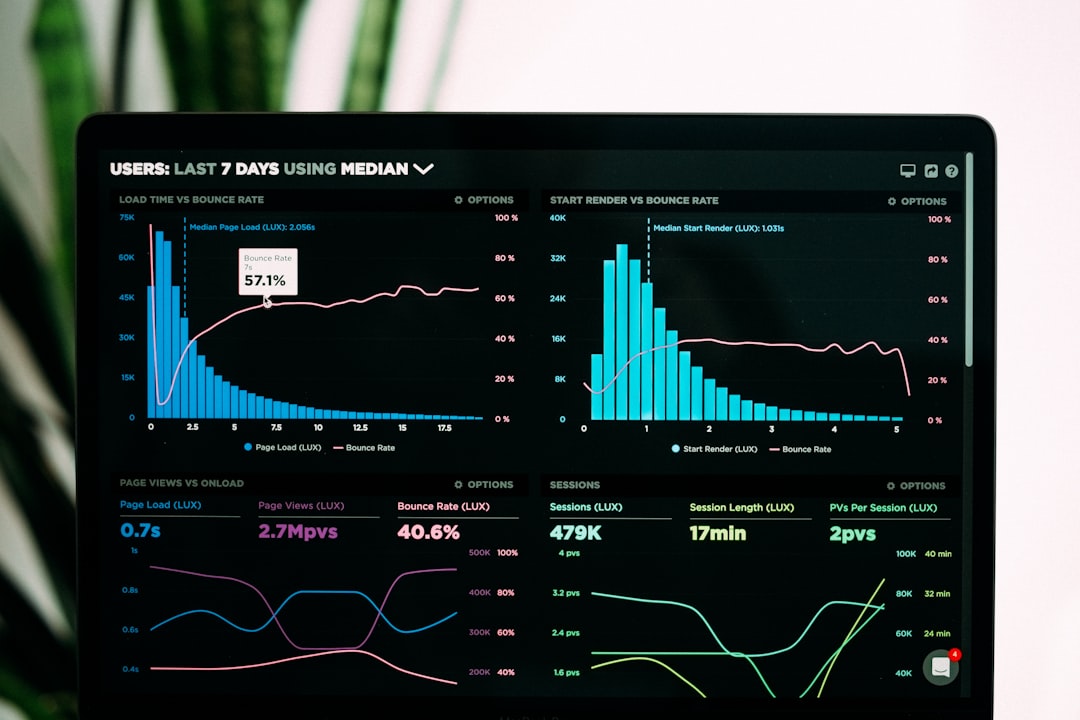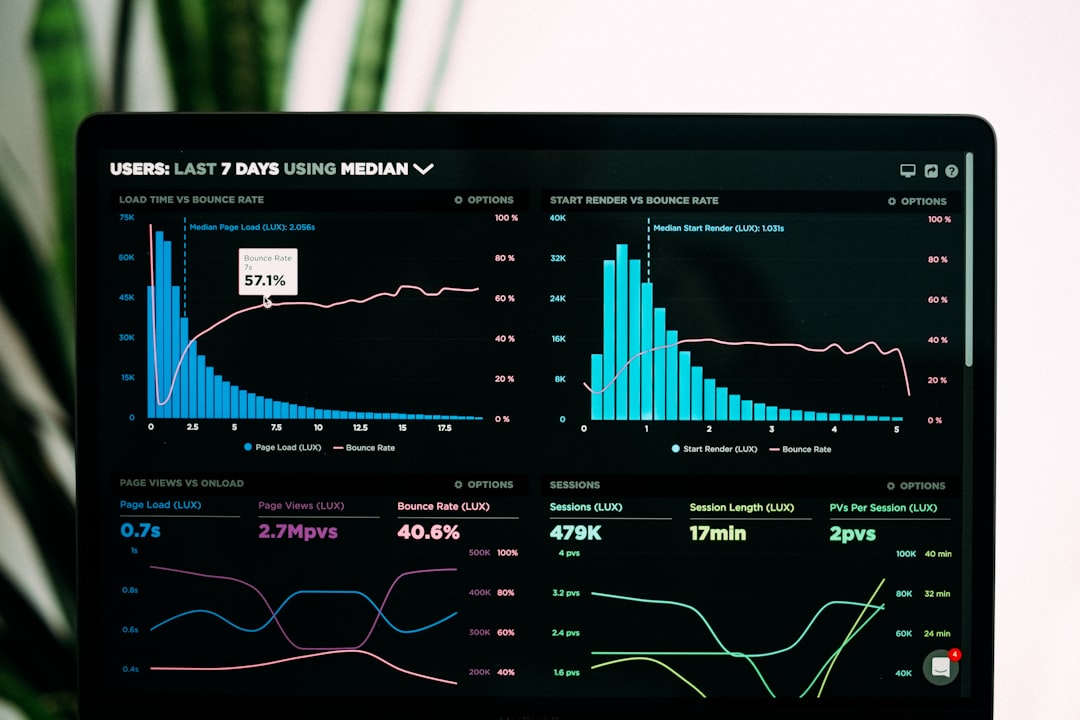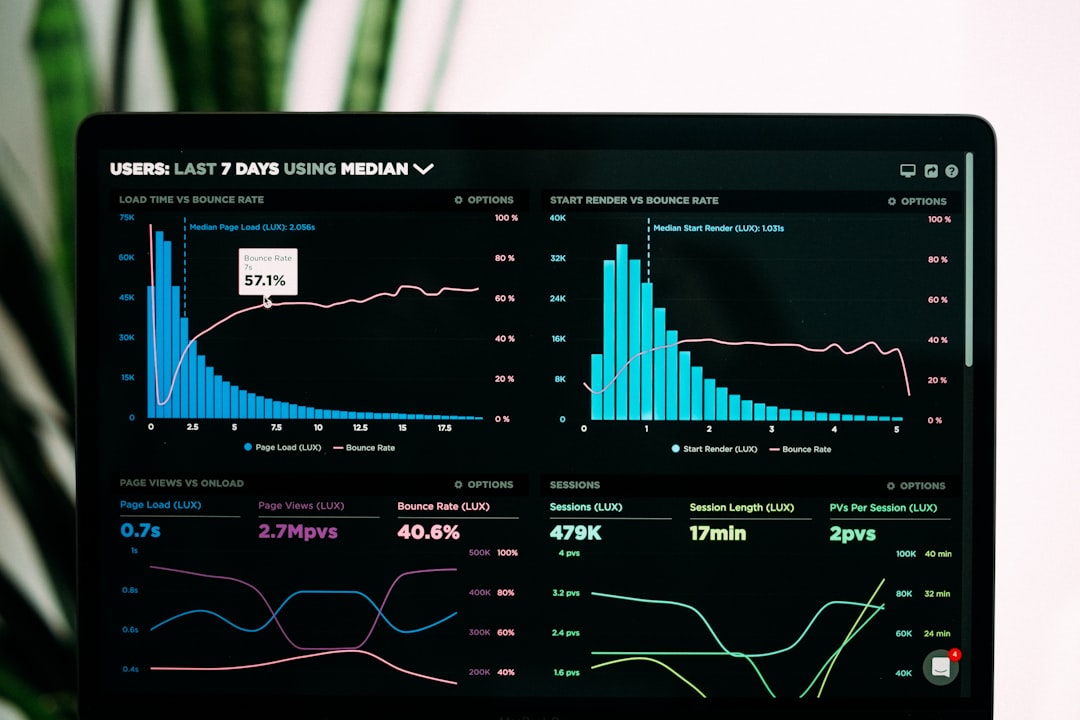Unlock encrypted content
Please enter your SSCE key to initiate on-the-fly decryption.
Decryption key: (Click cancel if you don't have the key)
Copied link to clipboard.
This feature is unavailable for free accounts. Upgrade now and enjoy all Premium benefits.
Go Premium!
This feature is unavailable for free accounts. Upgrade now and enjoy all Premium benefits.
Go Premium!
Please open this page in browser ( Google Chrome or Safari ) to use this feature.
Open In Browser
The Future of Data Storage: Martian Data Storage and Cognitive Computing Storage.
Random related video for this blog.
Copied share link to clipboard.
Data storage has come a long way since the first hard drives were introduced in the 1950s. Today, we have many options for storing and accessing our data, from cloud-based solutions to local storage devices. However, with the ever-increasing amount of data being generated, new and innovative solutions are needed to keep up with demand. This article explores some of the latest developments in data storage, including Martian data storage, cognitive computing storage, and the future of data storage.
Martian Data Storage
Martian data storage may sound like science fiction, but it is a real possibility. With NASA planning to send humans to Mars in the 2030s, researchers are looking for ways to store and access data on the red planet. The main challenge with storing data on Mars is the harsh environment, which includes extreme temperatures, dust storms, and radiation.
To overcome these challenges, researchers are exploring the use of DNA and other biological molecules as a storage medium. DNA has several advantages over traditional storage media, including its density, durability, and longevity. Researchers have already demonstrated the ability to store and retrieve data from DNA, and the technology is only expected to improve in the coming years.
Cognitive Computing Storage
Cognitive computing storage is another exciting development in the world of data storage. Cognitive computing systems are designed to mimic human thought processes, including perception, reasoning, and learning. These systems can analyze vast amounts of data and identify patterns and insights that would be difficult or impossible for humans to detect.
By combining cognitive computing with storage systems, organizations can gain valuable insights into their data. For example, a healthcare provider could use cognitive computing storage to analyze patient data and identify trends or patterns that could help improve patient outcomes. Similarly, a financial services firm could use the technology to analyze market data and make more informed investment decisions.
Secure File Locking and Unlocking
One of the most important features of any data storage system is security. With cyber threats becoming more sophisticated and frequent, it is essential to have robust security measures in place to protect sensitive data. One such feature is secure file locking and unlocking.
Secure file locking and unlocking allows users to encrypt their data and prevent unauthorized access. With FileLu cloud storage, for example, users can encrypt their files using AES-256 encryption, which is one of the most secure encryption algorithms available. Once encrypted, the files can only be accessed by users who have the encryption key.
Flexible Storage Quotas
Another important feature of data storage systems is flexibility. Organizations and individuals need storage solutions that can adapt to their changing needs. Flexible storage quotas are one such solution.
With FileLu cloud storage, users can choose from a range of storage plans, from the free 10 GB plan to the 500 TB premium plan. This flexibility allows users to choose a plan that meets their current needs and upgrade or downgrade as needed.
Remote Backup Capacity
Remote backup capacity is another critical feature of data storage systems. With remote backup, organizations and individuals can ensure that their data is backed up in a secure offsite location, protecting them from data loss due to hardware failure, natural disasters, or cyberattacks.
FileLu cloud storage offers remote backup capacity through its online backup and FTP backup services. With these services, users can securely backup their data to FileLu's servers, ensuring that their data is safe and accessible at all times.
Time Travel
Finally, time travel is a unique feature of some data storage systems. With time travel, users can access previous versions of their files, allowing them to recover earlier versions if needed. This feature can be particularly useful in situations where files are accidentally deleted or corrupted.
FileLu cloud storage offers time travel through its file versioning feature. With file versioning, users can access up to 30 previous versions of their files, giving them peace of mind and ensuring that their data is always accessible.
In conclusion, data storage is an ever-evolving field, with new and innovative solutions being developed all the time. Martian data storage, cognitive computing storage, and the future of data storage are just a few of the exciting developments that are shaping the industry. For organizations and individuals looking for a secure, flexible, and reliable storage solution, FileLu cloud storage offers a range of plans and features to meet their needs.
File transfer, FTP backup, Online backup, and Encryption file sharing are just a few of the features that make FileLu cloud storage stand out from the crowd. With premium plans starting at just $2.50 per month and free plans available, there is a plan to suit every budget and storage requirement.
Author: Amelia Isabella.
Cloud Storage Specialist and Technology Writer
Email: [email protected]
Related
Effortless File Organization with Free Cloud Storage Effortless file organization...
June 1, 2023
Read More
The Future of Cloud Storage: Real-Time Collaboration, Automatic Backup, and...
June 1, 2023
Read More
Efficient Data Replication and Real-Time Collaboration for Futuristic File Management.
June 1, 2023
Read More
The Future is Now: Exploring the Revolutionary Technologies of Cybernetics,...
June 1, 2023
Read More
The Future of Data Storage: Biometric Authentication, Virtual Reality, 5G,...
June 1, 2023
Read More
Popular
Latest
The Future of Digital Transformation: Exploring Smart Homes, Efficient File...
November 30, 2025
Read More
Exploring the Benefits of Cloud Storage and Innovative Technologies in...
November 26, 2025
Read More
The Future of Technology: Exploring Biohacking, Space Tourism, and Digital...
November 23, 2025
Read More
The Future of File Sharing: Streamlined Workflows for Photographers and...
November 19, 2025
Read More
Exploring the Intersection of Technology: From Cybersecurity to Augmented Reality...
November 16, 2025
Read More
The Future of File Management: Embracing Edge Computing and Efficient...
November 12, 2025
Read More
The Future of File Sharing: Exploring User-Friendly Solutions and Data...
November 5, 2025
Read More
The Future of Cloud Storage: How FileLu Empowers Creative Professionals...
November 2, 2025
Read More
The Future of Autonomous Technologies: Innovations in Robotics, File Sharing,...
October 29, 2025
Read More
Emerging Technologies Revolutionizing File Management: From Li-Fi to Robust Collaboration...
October 26, 2025
Read More
Emerging Technologies: Exploring the Impact of File Access Auditing, Genetic...
October 19, 2025
Read More
The Future of Data Storage: Exploring Advanced Encryption, Mobile Integration,...
October 5, 2025
Read More
Exploring the Future of Data Management: Security, Efficiency, and Cognitive...
September 28, 2025
Read More
Revolutionizing Data Management: Innovations in Storage, Security, and Sustainable Technology.
September 24, 2025
Read More





















